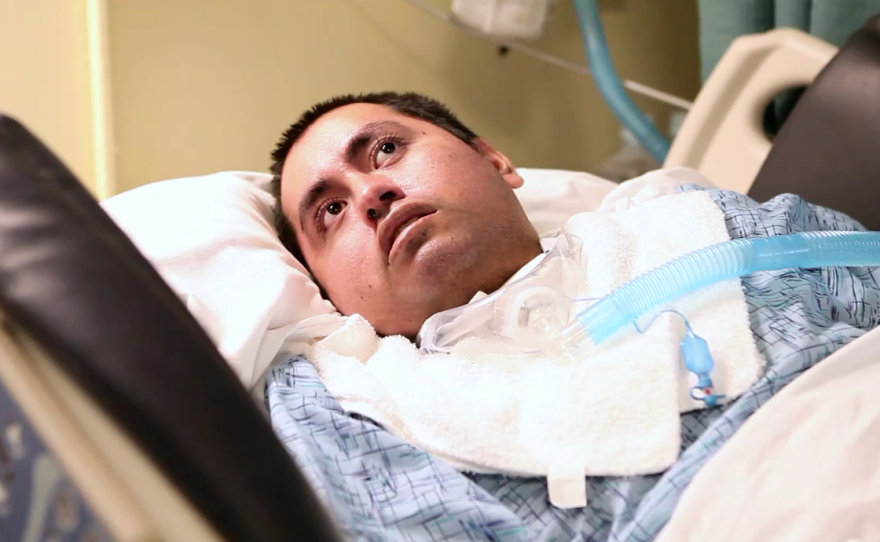They were so close.
Just weeks ago, officials were optimistic they had a strong lead on identifying a John Doe who has been on life support for the past 15 years in a Coronado nursing home. They were waiting for DNA confirmation.
The man, dubbed 66 Garage, is minimally conscious and has been kept alive with breathing and feeding tubes since 1999, the year the vehicle he was traveling in crashed near the border.
Representatives of elected officials, border enforcement, the Mexican consulate and a nursing home formed a committee to track down Garage’s true identity.
A forensics team from U.S. Customs and Border Protection gathered Garage’s biometrics – his fingerprints, facial scans and other physical information. They ran the scans through customs’ database and got a name.
Mexican officials helped track down a person in Mexico believed to be a relative, and the committee believed all that was left to make a positive identification was DNA testing.
“We haven’t heard from the source (relative) who is in Mexico,” said Ed Kirkpatrick, the director of the Villa Coronado Skilled Nursing Facility, where Garage lives.
Kirkpatrick isn’t sure why the possible relative’s DNA was not sent to the lab.
“But we’re working through Border Angels and other groups … and hope that connection will prove to be more fruitful later on,” he said.
Border Angels is a migrant advocacy group led by Enrique Morones. He asked a spectrum of people and their agencies for help after inewsource published a story about Garage in May.
Kirkpatrick says no one is giving up hope that Garage will eventually get his name and identity back.
Garage is one of more than 4,000 people on life support in California nursing homes. inewsource first reported on this population last year in a special series, Impossible Choice.






